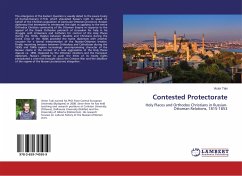
Contested Protectorate
Holy Places and Orthodox Christians in Russian-Ottoman Relations, 1815-1853
Versandkostenfrei!
Versandfertig in 6-10 Tagen
19,99 €
inkl. MwSt.

PAYBACK Punkte
10 °P sammeln!
The emergence of the Eastern Question is usually dated to the peace treaty of Kuchuk-Kainarji (1774), which stipulated Russia's right to speak on behalf of the Christian population of particular Ottoman provinces. Russian diplomacy first attempted to reinterpret this right as applying to the entire Orthodox Christian community of the Ottoman Empire in response to the appeal of the Greek Orthodox patriarch of Jerusalem for help in his struggle with Armenians and Catholics for control of the Holy Places during the 1810s. Clashes between Muslims and Christians during the Greek Crisis of the 1820s...
The emergence of the Eastern Question is usually dated to the peace treaty of Kuchuk-Kainarji (1774), which stipulated Russia's right to speak on behalf of the Christian population of particular Ottoman provinces. Russian diplomacy first attempted to reinterpret this right as applying to the entire Orthodox Christian community of the Ottoman Empire in response to the appeal of the Greek Orthodox patriarch of Jerusalem for help in his struggle with Armenians and Catholics for control of the Holy Places during the 1810s. Clashes between Muslims and Christians during the Greek Crisis of the 1820s provided the tsarist diplomats with another occasion for a lateral interpretation of the Russian-Ottoman treaties. Finally, mounting tensions between Orthodoxy and Catholicism during the 1830s and 1840s explain increasingly uncompromising character of the Russian claims in the context of a new aggravation of the Holy Places dispute ca. 1850. Opposed by the Ottoman ministers and the Europeandiplomats, Russia's attempt to push the limits of its treaty rights precipitated a crisis that brought about the Crimean War and the abolition of the regime of the Russian protectorate altogether.



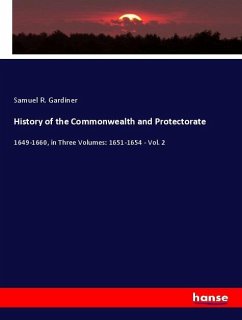
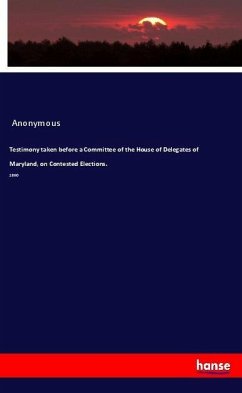
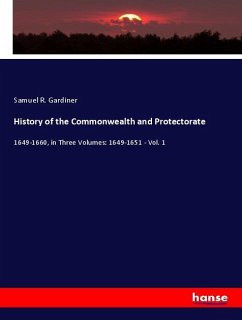
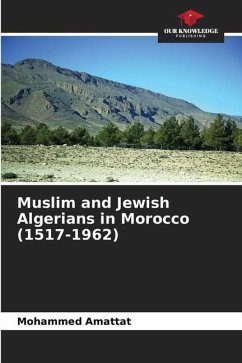
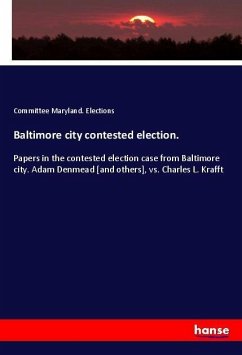
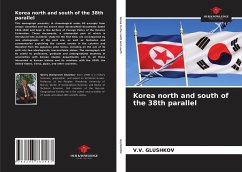
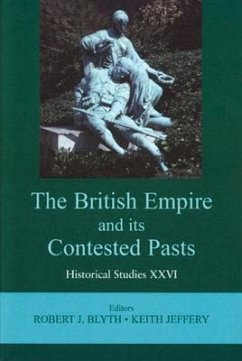
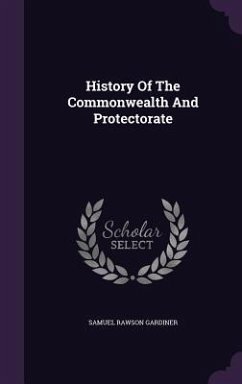

![Ten Letters, Principally Upon The Subject Of The Late Contested Election At Nottingham [by R. Davison] Cover Ten Letters, Principally Upon The Subject Of The Late Contested Election At Nottingham [by R. Davison]](https://bilder.buecher.de/produkte/56/56679/56679054n.jpg)